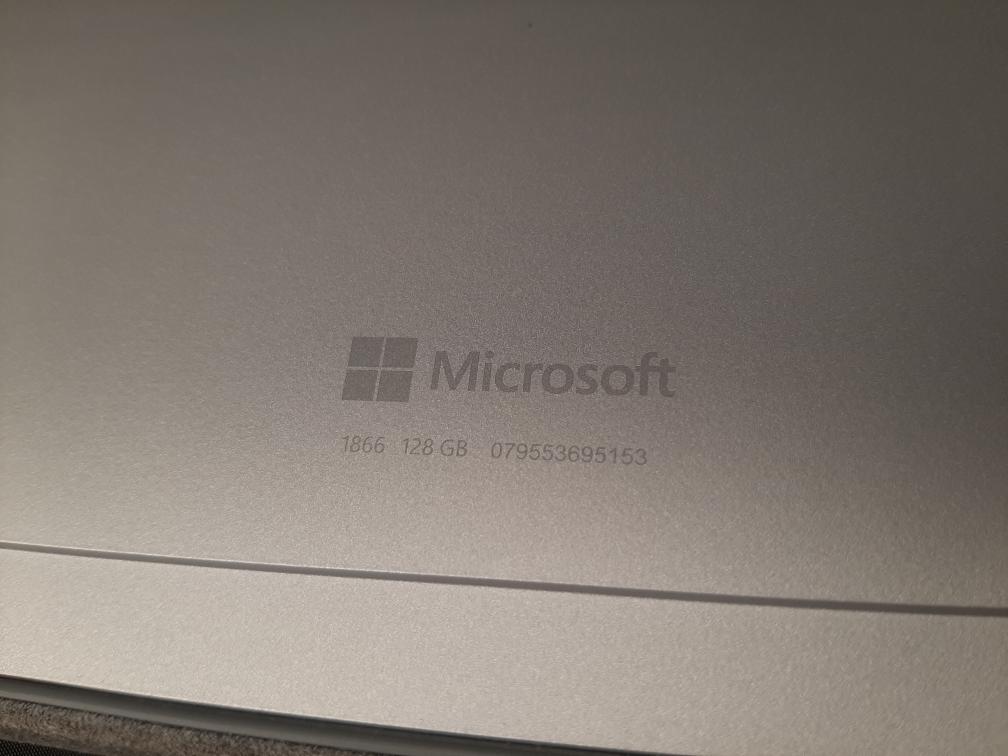
The result of this effort toward accuracy has been the spread of a completely inaccurate version of the Chief's name.Įditor's Note: The Lushootseed language is written using the International Phonetic Alphabet, and in it Chief Seattle's name has two marks not found in English. The spelling Sealth on the leader's 1890 grave marker was probably an effort to render the pronunciation more correctly. The original name continues to be passed down among si?al's (Seattle's) descendants: It has two syllables and there is no th sound in the Puget Sound Salish (Lushootseed) language. The often heard "Sealth," rhyming with "wealth" is incorrect. When he was old enough to receive an adult name, their son was called si?al, which has been rendered into English with fair accuracy as Seattle. Historian Clarence Bagley records his father's name as Schweabe, of the Suquamish Tribe and his Duwamish mother's name as Scholitza. The Native American leader whose name was given to Puget Sound's largest city was born on the Kitsap peninsula some time in the 1780s.


Chief Seattle retired to the Suquamish Reservation at Port Madison, and died there on June 7, 1866. He was a respected leader among Salish tribes, signing the Point Elliott (Mukilteo) Treaty of 1855, which relinquished tribal claims to most of the area, and opposing Native American attempts to dislodge settlers during the "Indian Wars" of 1855-1856. Baptized Noah by Catholic missionaries, Seattle was regarded as a "firm friend of the Whites," who named the region's future central city in his honor. Chief Seattle, or si?al in his native Lushootseed language, led the Duwamish and Suquamish Tribes as the first Euro-American settlers arrived in the greater Seattle area in the 1850s.


 0 kommentar(er)
0 kommentar(er)
